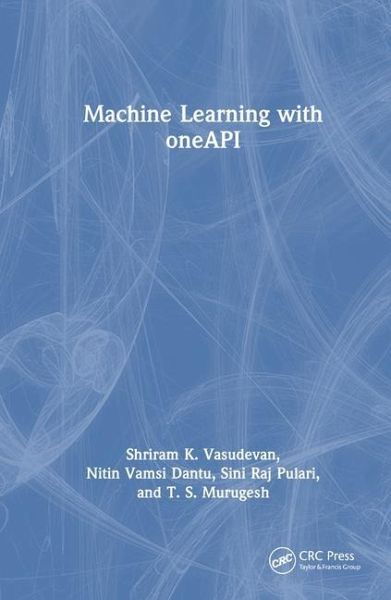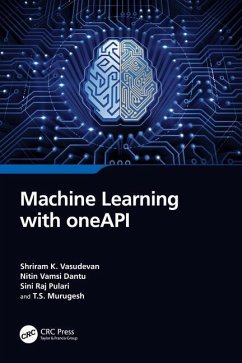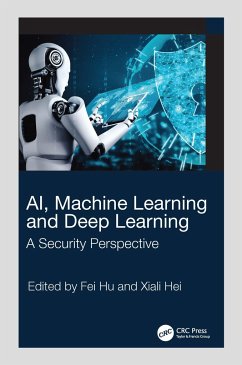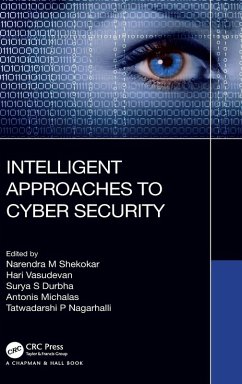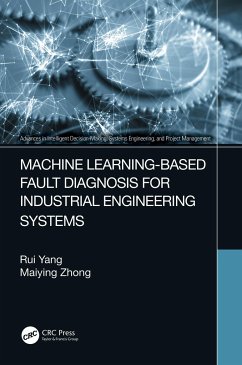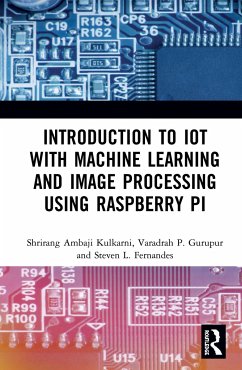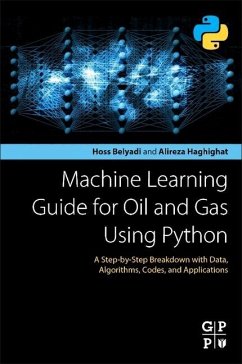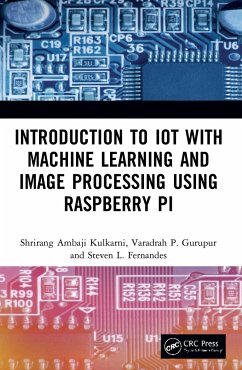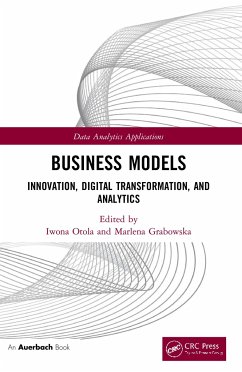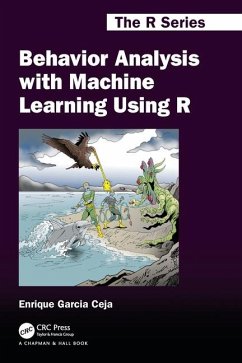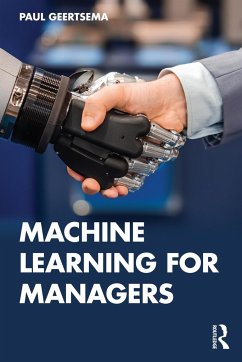Dr. Shriram K Vasudevan, Lead - Technology Evangelist, Asia Pacific and Japan, Intel India Pvt. Ltd., Dr. Shriram has over 16 years of experience in the Industry and Academia together. He holds a Doctorate in embedded systems. He has authored / co-authored 45 books for various publishers including Taylor and Francis, Oxford University Press, and Wiley. He also has been granted 12 patents so far. Shriram is a hackathon enthusiast and has been awarded by Harvard University, AICTE, CII, Google, TDRA Dubai, and a lot more. He has published more than 150 research articles. He was associated with L&T Technology Services before joining intel as a Lead - Technology Evangelist, APJ. Shriram Vasudevan runs a YouTube channel in his name which has more than 38k subscribers and maintains a wide range of playlists on varied topics. Dr. Shriram is a public speaker too and has participated in multiple training events. He is oneAPI certified Instructor, ACM Distinguished Speaker, NVIDIA Certified and NASSCOM Prime Ambassador. Mr. Nitin Vamsi Dantu, Founder and CEO - Quadran AI, Intel Innovator, USA. Mr. Nitin is a young and dynamic AI Engineer with a Computer Science background. He is one of the youngest CEOs in the country. He is the founder CEO of Quadron AI and is working on Deep Learning based Healthcare Solutions. His focus is towards building affordable and easy to use health care solutions. He has a dozen papers published in top journals and conferences. He is also a winner of TDRA Award from Govt. of UAE. He received awards from P&G, CITI, AWS and so many other top-notch companies for his skillset and contribution. He is currently pursuing research at Northeastern University in the USA. Ms. Sini Raj Pulari, Professor and Tutor, Bahrain Polytechnic, Bahrain. Prof. Sini is a Tutor in Government University [Bahrain Polytechnic, Faculty of EDICT] in The Kingdom of Bahrain with 15 years of experience in various reputed Indian universities and Industry by making contributions to the teaching field and carrying out activities to maintain and develop, research and professional activities relevant to Computer Science Engineering. Her Research interests include areas of Natural Language Processing, Recommender systems, Information Retrieval, Deep Learning and Machine Learning, Authored 20 plus Scopus Indexed Publications. She has co-authored Deep Learning: A Comprehensive Guide [CRC press / Taylor and Francis Publications]. Sini has Developed and guided around 40 + UG and PG projects, Active member in the board of curriculum development for various universities. Delivered 40+ Invited lectures on the Applications and emerging trends in a variety of upcoming technological and research advancements. Speaker for workshop in "AI for ALL "Workshop on the topic "Understanding Deep Learning Algorithm - Convolution Neural Networks with Real Time Applications, Using Python, Keras and Tensor flow", Participated in MENA Hackathon group Discussion on the topic ", innovating tech-based solutions for challenges in the healthcare and energy, environment & sustainability sectors " which was in partnership with Tamkeen, powered by Amazon Web Services (AWS) and Elijah Coaching and Consulting Services. Completed various reputed certifications like Apple Certified Trainer, SCJP, Oracle Certified Associate, APQMR-Quality Matters etc. Dr. T S Murugesh possesses a vast experience of nearly 23 years in academia in the field of Analog and Digital Electronics, Automation and Control, IoT, System design, Image Processing, Artificial Intelligence, Machine Learning, Instrumentation and Computational Bio-engineering. After a tenure of almost 19 years with the Department of Electronics and Instrumentation Engineering, belonging to the Faculty of Engineering and Technology, Annamalai University, he is currently working as an Associate Professor in the Department of Electronics and Communication Engineering, Government College of Engineering Srirangam, Tiruchirappalli, Tamil Nadu, India. To his credit, he has delivered four talks at the International level conferences of high repute and has also delivered invited lectures at National level in various institutions like Sastra University, Annamalai University, Manakula Vinayagar Institute of Technology, Puducherry, Government College of Engineering Srirangam, Madurai Institute of Engineering and Technology, P.A. College of Engineering and Technology, Pollachi, Viswajyothi College of Engineering and Technology Kerala, Mahatma Gandhi University, Kottayam, Kerala etc. He has also delivered invited lectures in several Faculty Development Programmes organized by the Faculty Training Centre, Government College of Technology, Coimbatore in association with Government College of Engineering Thanjavur, Government College of Engineering Salem, and also in a national-level webinar conducted on behalf of "Unnat Bharat Abhiyan", a flagship programme of Ministry of Education, Government of India. To his credit, he has around three-dozen peer-reviewed indexed publications including Springer, Springer Nature, Elsevier, Wiley, Inderscience etc., has organized a one-week AICTE Training And Learning (ATAL) Academy sponsored FDP, conducted few workshops at national level, is a reviewer in IEEE, Inderscience and many other peer-reviewed journals. He has acted as a Primary Evaluator for the Government of India's Smart India Hackathon 2022 (Software & Hardware Edition) as well as Toycathon 2021 and also as a Judge in the Grand Finale for the Government of India's "Toycathon 2021", an inter-ministerial initiative organized by Ministry of Education's Innovation Cell with support from AICTE (All India Council for Technical Education). He is a hackathon enthusiast and his team has won the FIRST Prize in the 2022, Cloud Fest Hackathon 2 presented by Google Cloud as well as in the DigitalGov Hack, the Hackathon by WSIS Forum 2023, and Digital Government Authority, Saudi Arabia and also bagged the second Prize in the IFG x TA Hub Hackathon 2022. He is a certified Mentor under the "National initiative for Technical Teachers Training" programme conducted by All India Council for Technical Education (AICTE), New Delhi & National Institute of Technical Teachers Training and Research, Chennai and also a Certified Microsoft Educator Academy Professional. He is also a Master Assessor for a Naan Mudhalvan Program, 2023 devised by the Government of Tamil Nadu. He is also a reviewer of B.E / B.Tech Technical Books in Regional Language scheme of AICTE coordinated by the Centre for Development of Tamil in Engineering and Technology, Anna University, Tamil Nadu, India. He has mentored his college teams for Smart India Hackathon, among which one team won the First Prize for the Problem Statement "Employment tracking and traceability system - Organized sector", given by Ministry of Labour Employment, Government of India during the Grand Finale of Smart India Hackathon 2022 Software Edition conducted during August 2022. He has been appreciated by Huawei for the academic collaboration and was issued Huawei developers certification. He is a Conference Committee Member as well as a Publishing Committee Member in the International Association of Applied Science and Technology. He holds the editorial board membership of American Journal of Embedded Systems and Applications. He is also a Technical Program Committee member for the Springer Sponsored, Scopus indexed, International Conference on Recent Developments in Cyber Security (ReDCySec-2023)" conducted by Center for Cyber Security and Cryptology (CCSC), Sharda University, Greater Noida, Uttar Pradesh, India. He has authored 3 books for CRC Press, Taylor & Francis Group (UK) and authoring a book each for Nova Science Publishers, USA and CRC Press respectively. He also holds the professional body membership of Institution of Engineers (India).
